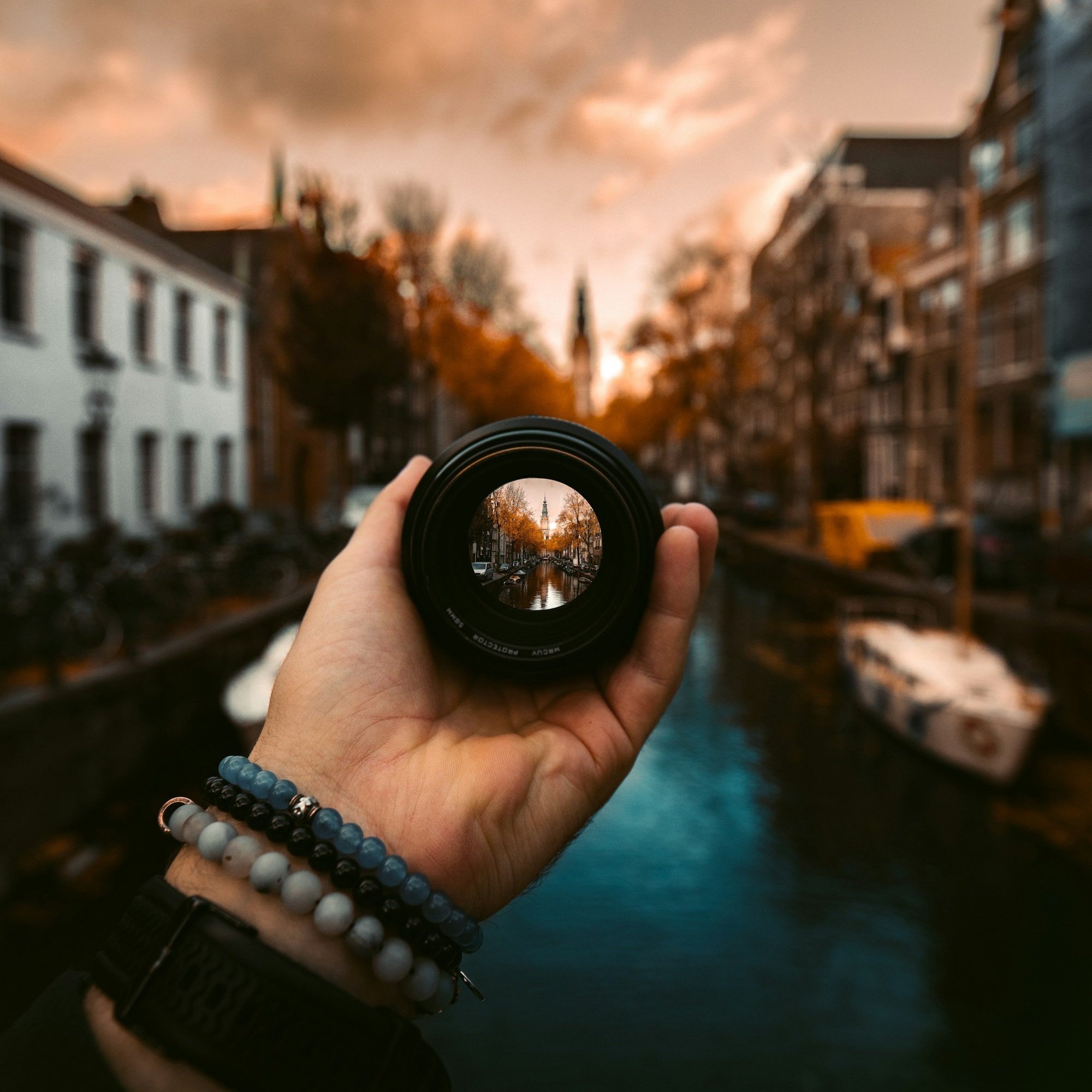Key Ingredients - Get Curious
“Novelty triggers dopamine, sparking excitement and motivation. But novelty isn’t just external – it’s how you see. You can bring novelty to the ordinary by asking new questions.”
“I’d rather be busy than bored” is a phrase I used to say often. I’d wear it like a professional badge of honor, a way of proclaiming my dedication and work ethic.
But when you think about it, this juxtaposition of ‘busy’ versus ‘bored’ doesn’t exactly make sense linguistically. The opposite of ‘bored’ isn’t busy. The opposite of ‘bored’ is interested.
This adage suggests it’s better to be running than standing still, but a person's resistance to rest is another topic entirely. ‘Bored’ is not a matter of doing vs not doing. It’s a matter of attention, enthusiasm, immersion, and interest.
To pique one’s interest is to knock on the door of their curiosity and – usually – find creativity standing on the other side. What if, instead of glorifying a busy life, we created for ourselves a life we were interested in living? What might happen then? What would have to change?
Barriers to Curiosity
In order to create a life you’re interested in living, you need to know what interests you. You need to strengthen and follow your curiosity.
Simple, but not always easy.
Here are a few things that can get in the way of practicing your curiosity:
You assume you don’t have time.
Genuine curiosity does require a slower pace. (See previous email about the importance of slowing down.) In order to truly connect and tap into your curiosity, you need to be present. Learning requires your full attention.
You’re afraid you’ll be perceived as unintelligent, unprepared, or under-qualified.
Curiosity asks you to acknowledge the unknown and admit uncertainty. There’s vulnerability in this. Depending on context, it might drum up some pesky impostor syndrome or feel threatening to your ego. But if you frame your questions in such a way that lets the other person know you’re simply seeing clarity, you might gain unexpected insights.
You’re not sure what questions to ask.
Sometimes you’re just too close to see the forest through the trees. If this is you, reply to this email with a description of where you’re feeling stuck and I’ll respond with a few reflection questions to ponder.
If you’re not sure what questions to ask simply because this is a new muscle you’re flexing, I recommend becoming a question collector. Start a list of good questions that you hear others asking or that you’ve been asked in the past. Think of it like a scavenger hunt!
You worry that curiosity equals commitment.
Curiosity is the key to self-awareness, and sometimes self-awareness asks you to face what has previously remained hidden. In this way, curiosity can be confronting and/or leave you wondering what to do with this new information you’ve gained. But, “doing” is not always the reason for curiosity. Curiosity doesn’t have to equal commitment. Sometimes you can just learn for the sake of learning.
(This is especially relevant when getting curious about your Ideas. Just because you’ve identified something you want to create, experience, or achieve in this lifetime doesn’t mean that you have to act on that knowledge today. You have the power to decide what to do or not do with that information… and when.)
Benefits of Curiosity
I believe that curiosity is an underrated skill. The benefits are many, but here are my top three:
Deeper connection (to yourself and others)
Finding your own answers (or helping someone find theirs) leads to a greater sense of empowerment & confidence.
Curiosity is a doorway to creativity, allowing you to uncover new perspectives, solutions, and Ideas. (aka: Life gets more interesting.)
What benefits would you add to this list?
Start Practicing Your Curiosity
Here are three ways you might start practicing your curiosity this week:
Walk your neighborhood like a tourist.
Explore a restaurant or shop you’ve never visited. Travel via the scenic route. Take a camera and capture what appears to be both beautiful and ordinary. See if you can find what’s interesting in what might otherwise seem mundane.
Journal about five imaginary lives.
In Julia Cameron’s book, The Artist’s Way, she encourages readers to dream up five imaginary lives and then brainstorm ways to bring pieces of those alternative lives into their life today. (Let this be fun!)
Ask one more question.
We tend to be quick to respond with advice or our own experience. In conversations this week, challenge yourself to ask one more question before responding.

